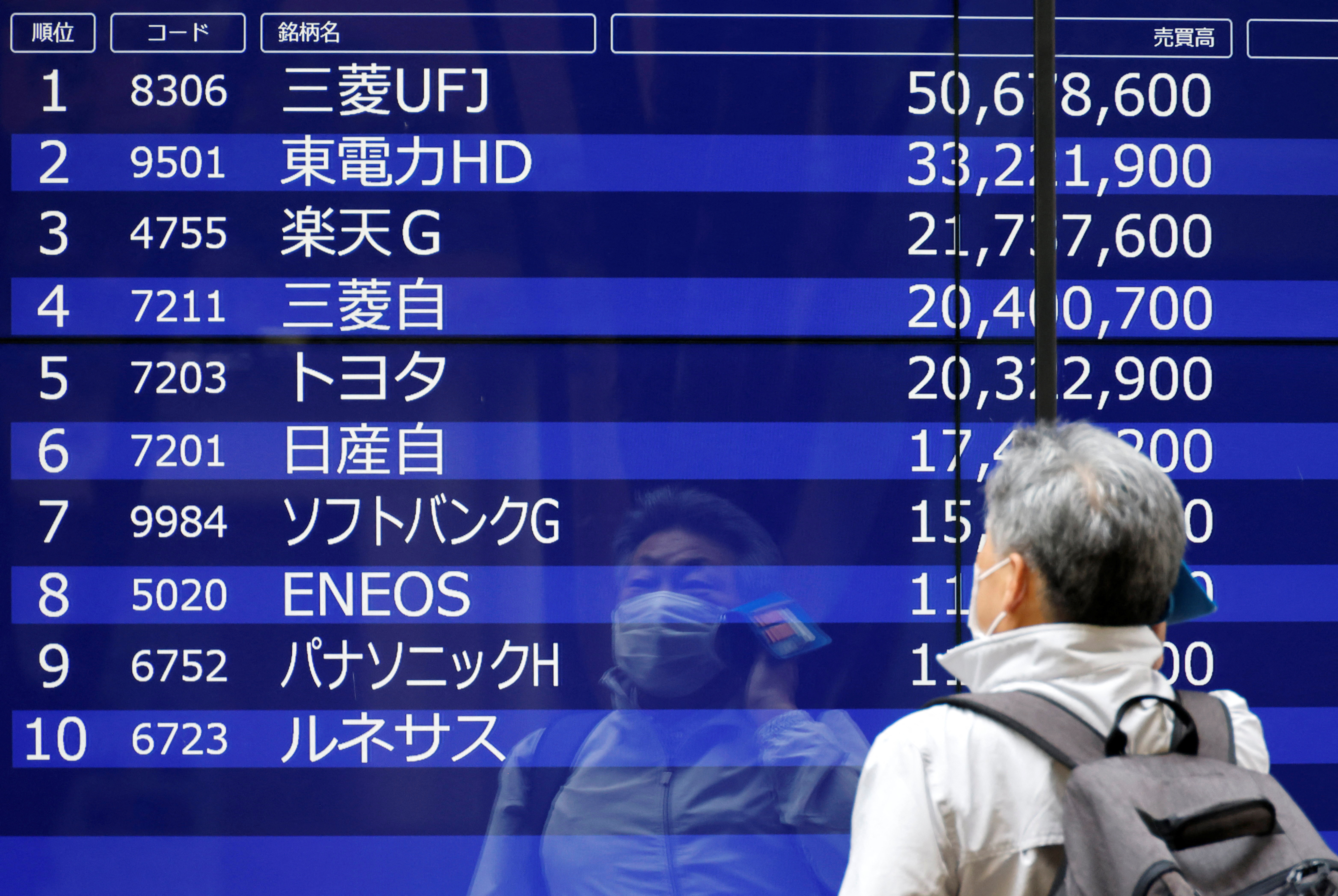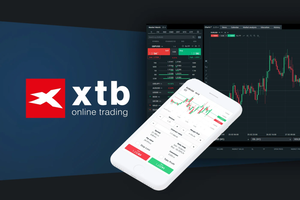Asian stocks rose on Thursday as more signs of cooling U.S. inflation ramped up hopes for interest rate cuts by the Federal Reserve, while a slew of positive economic indicators from the region also aided sentiment.
Japanese and Chinese markets were the best performers in the region, after separate data prints showed Japan’s economy grew more than expected in the second quarter, while Chinese retail spending picked up in July.
Regional markets took a positive lead-in from Wall Street, where U.S. stock benchmarks hit a two-week high as consumer price index inflation data read cooler than expected. U.S. stock index futures also rose slightly in Asian trade, as the softer inflation data fueled growing conviction that the Fed will cut rates in September.
Japanese stocks rise as Q2 GDP beats expectations Japan’s Nikkei 225 and TOPIX indexes rose around 0.9%, with both indexes near a two-week high.
Gross domestic product data showed Japan’s economy grew more than expected in the second quarter, aided by a rebound in private consumption. This rebound came as the bumper wage hikes negotiated by Japanese labor unions earlier this year began to spread around the country.
The positive GDP reading presented an improved outlook for the Japanese economy, especially after a steep contraction in the first quarter. It also tied into the Bank of Japan’s outlook that improved wages will drive increased spending in the coming months, underpinning local growth and supporting domestically-exposed stocks.
But a strong Japanese economy gives the BOJ more headroom to hike interest rates further, especially if inflation also increases. Such a trend could limit overall gains in Japanese markets.
Chinese stocks surge on positive retail sales data China’s Shanghai Shenzhen CSI 300 and Shanghai Composite indexes rose more than 1% each, as data showed retail sales in the country grew more than expected in July.
Hong Kong’s Hang Seng index added 0.6%, with further gains limited by a 0.6% drop in Tencent Holdings Ltd (HK:0700) even as the internet giant clocked stronger earnings in the second quarter.
The positive retail sales data saw investors largely look past weaker-than-expected prints on industrial production and fixed asset investment, while China’s unemployment rate also unexpectedly grew to 4.2%.
Slowing consumption has been a key point of concern for the Chinese economy, as worsening conditions in the country saw consumers tighten their purse strings.
Sentiment towards China faces another major test on Thursday, with ecommerce majors Alibaba Group (HK:9988) (NYSE:BABA) and JD.com (HK:9618) (NASDAQ:JD)- which are both considered bellwethers for consumer spending- set to report their quarterly earnings later on Thursday.
Among broader Asian markets, Australia’s ASX 200 rose 0.5%. But further gains in the index were held back by a substantially stronger-than-expected reading on the jobs market, which kept fears over more interest rate hikes in the country largely in play.
South Korean and Indian markets were closed for the day.













